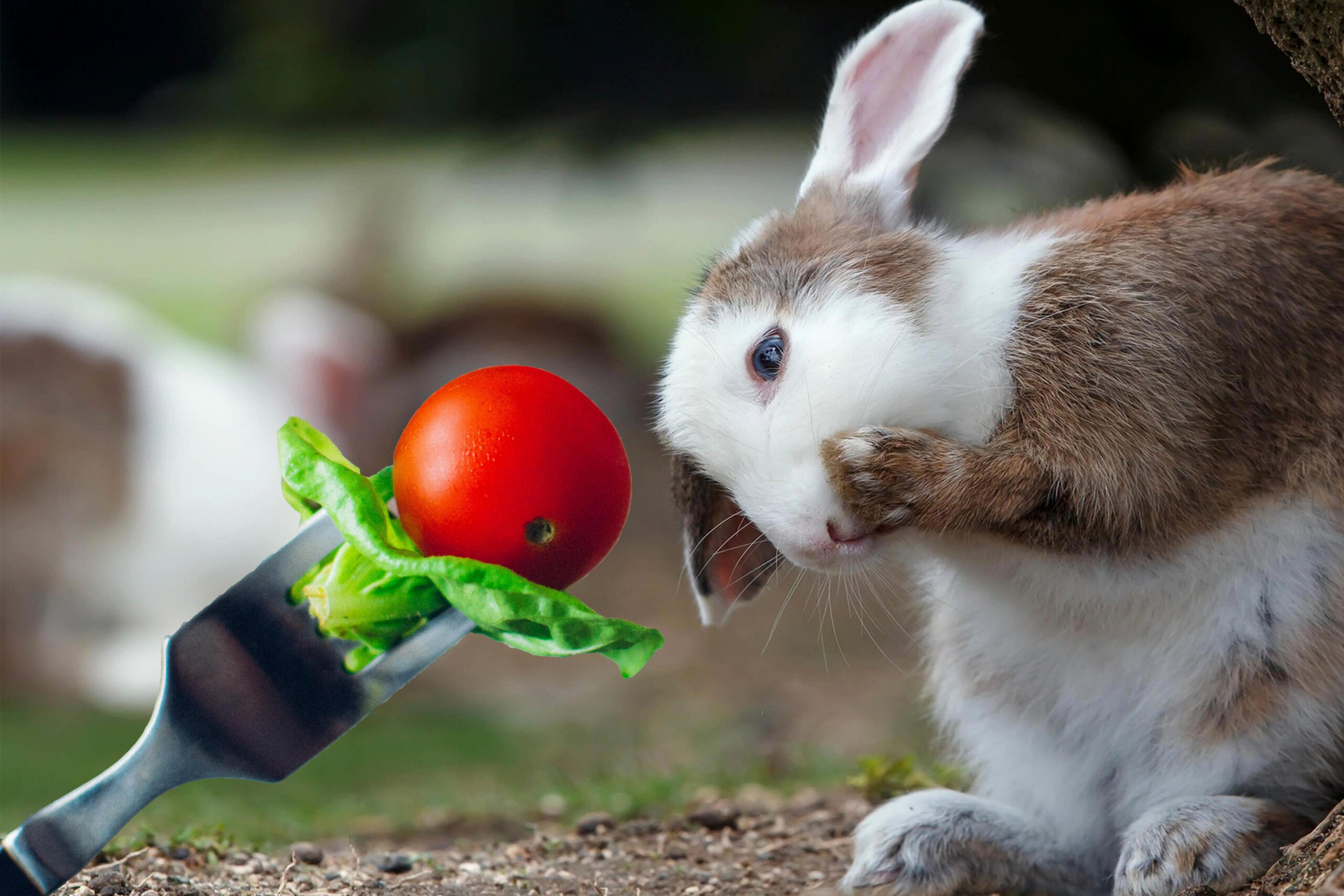Can Rabbits Eat Yoghurt?
Rabbits are adorable and playful creatures that make great pets. As a rabbit owner, it is essential to provide them with a balanced diet to ensure their overall health and well-being. While rabbits primarily thrive on hay, fresh vegetables, and pellets, you may wonder if they can also indulge in some yogurt. Let’s explore whether rabbits can eat yogurt and the potential benefits and risks associated with it.

Can Rabbits Digest Yoghurt?
Rabbits have a delicate digestive system that is specifically designed to process high-fiber foods like hay and leafy greens. Yogurt is a dairy product that contains lactose, a type of sugar that rabbits cannot adequately digest. Unlike humans, rabbits lack the enzyme lactase, which is required to break down lactose into simpler forms that can be absorbed by the body.
Feeding yogurt to rabbits can lead to digestive issues such as bloating, gas, diarrhea, and even severe gastrointestinal problems. It is crucial to avoid introducing any dairy products into their diet to prevent these potential health issues.
Why is Yoghurt Not Recommended for Rabbits?
There are several reasons why yogurt should be avoided in a rabbit’s diet:
- Lactose Intolerance: As mentioned earlier, rabbits lack the enzyme lactase necessary to break down lactose. Consuming yoghurt can result in indigestion and discomfort for rabbits.
- High Sugar Content: Yoghurt typically contains added sugars, artificial sweeteners, and flavorings that are not suitable for rabbits. These ingredients can disrupt their delicate digestive system and lead to weight gain or other health problems.
- Potential Allergies: Some rabbits may develop allergies to dairy products, including yoghurt. Allergic reactions can manifest as skin irritations, itching, or respiratory issues, which can be harmful to their overall health.
- Dental Health Concerns: Rabbits have continuously growing teeth, and a diet primarily consisting of hay helps wear down their teeth naturally. Yogurt is soft in texture and does not provide the necessary chewing action for maintaining proper dental health in rabbits.
What Should Rabbits Eat Instead?
Rather than introducing yogurt into a rabbit’s diet, it is crucial to focus on providing them with foods that align with their natural dietary needs. Here are some suitable alternatives:
- Hay: High-quality hay should make up the majority of a rabbit’s diet. It provides essential fiber for proper digestion and helps maintain healthy teeth.
- Fresh Vegetables: Offer a variety of fresh vegetables like leafy greens (such as kale, spinach, and romaine lettuce), carrots, bell peppers, and broccoli. These vegetables provide essential vitamins and minerals to keep your rabbit healthy.
- Pellets: Choose specially formulated rabbit pellets that are high in fiber and low in sugar. These pellets should only make up a small portion of their overall diet.
- Water: Fresh, clean water should always be available for rabbits to stay hydrated. Make sure to change the water daily to prevent bacterial growth.
Frequently Asked Questions (FAQs)
1. Can rabbits eat any dairy products?
No, rabbits should avoid all dairy products, including yoghurt. Their digestive system is not equipped to handle lactose, leading to potential digestive issues.
2. Is there any type of yoghurt that rabbits can eat?
No, rabbits should not consume any type of yoghurt. It is best to avoid introducing dairy products into their diet altogether.
3. What are the signs of lactose intolerance in rabbits?
Signs of lactose intolerance in rabbits include bloating, gas, diarrhea, and discomfort. If you notice these symptoms, it is essential to remove yoghurt or any other dairy product from their diet immediately.
4. Can yoghurt be used as a treat for rabbits?
No, yoghurt should not be used as a treat for rabbits. There are plenty of other safe and healthy options for treats, such as small pieces of fruits or vegetables.
In conclusion, it is important to prioritize a rabbit’s health and provide them with a diet that meets their specific nutritional needs. Yoghurt, being a dairy product that rabbits cannot digest properly, should be avoided. Instead, focus on offering them a balanced diet consisting of hay, fresh vegetables, and specially formulated pellets. By following these guidelines, you can ensure that your rabbit remains happy, healthy, and free from digestive issues.
Related Articles…
Copyright Notice:
All images on this website are obtained from the internet and remain copyrighted to their original owners. If you hold copyright to any image and want it taken down, please reach us.